Intro
Discover the benefits of nebulizer uses, including asthma relief, bronchitis treatment, and COPD management, with portable and home nebulizer therapy options.
Nebulizers have become a crucial device in the management and treatment of various respiratory conditions, offering a simple and effective way to administer medication directly to the lungs. The importance of nebulizers cannot be overstated, as they provide immediate relief from symptoms such as coughing, wheezing, and shortness of breath. For individuals suffering from chronic respiratory conditions like asthma, chronic obstructive pulmonary disease (COPD), and cystic fibrosis, nebulizers are an indispensable tool in their daily lives. By understanding the uses and benefits of nebulizers, individuals can better manage their conditions and improve their overall quality of life.
The use of nebulizers has been on the rise in recent years, and their benefits extend beyond just treating respiratory conditions. Nebulizers can also be used to deliver medications for other conditions, such as allergies and infections. Moreover, they are an excellent option for individuals who have difficulty swallowing pills or using inhalers. With the advancement of technology, nebulizers have become more portable, efficient, and easy to use, making them an attractive option for individuals of all ages. Whether you are a healthcare professional or an individual seeking to manage a respiratory condition, understanding the uses and benefits of nebulizers is essential.
As the demand for nebulizers continues to grow, it is essential to explore their various uses and benefits in more detail. From treating acute respiratory distress to providing long-term management of chronic conditions, nebulizers play a vital role in improving the lives of individuals worldwide. By delving into the world of nebulizers, we can gain a deeper understanding of their mechanisms, benefits, and applications, ultimately empowering individuals to take control of their respiratory health.
Nebulizer Mechanism And Working
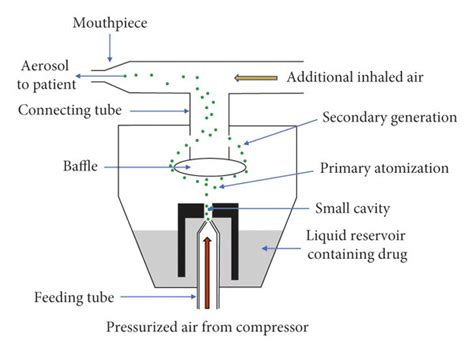
Types Of Nebulizers
There are several types of nebulizers available, each with its unique features and benefits. The most common types of nebulizers include jet nebulizers, ultrasonic nebulizers, and mesh nebulizers. Jet nebulizers are the most traditional type of nebulizer and work by using a compressor to create a high-pressure gas flow. Ultrasonic nebulizers, on the other hand, use high-frequency sound waves to create the mist, while mesh nebulizers use a vibrating mesh to produce the mist. Each type of nebulizer has its advantages and disadvantages, and the choice of which one to use depends on individual preferences and needs.Nebulizer Benefits
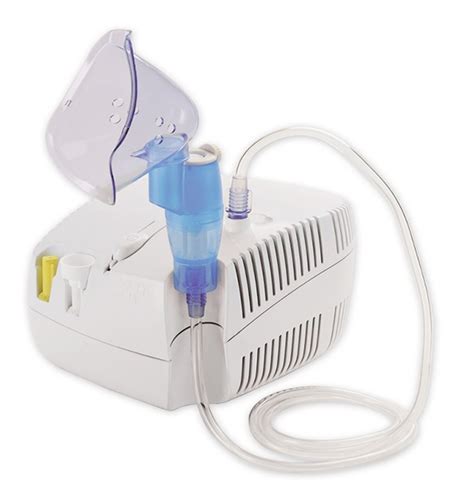
Nebulizer Uses
Nebulizers have a wide range of uses, extending beyond just treating respiratory conditions. Some of the most common uses of nebulizers include: * Treating asthma and COPD * Managing cystic fibrosis * Relieving symptoms of allergies and infections * Delivering medications for other conditions, such as pneumonia and bronchitis * Providing relief from respiratory symptoms during respiratory therapyNebulizer For Asthma
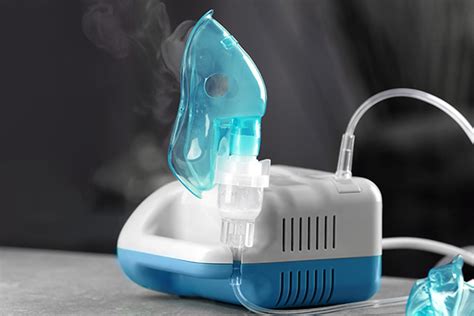
Nebulizer For COPD
COPD is another chronic respiratory condition that can benefit from the use of nebulizers. Nebulizers can help to deliver medication directly to the lungs, providing relief from symptoms such as shortness of breath and wheezing. By using a nebulizer, individuals with COPD can help to improve their lung function, reduce symptoms, and enhance their overall quality of life. Nebulizers are often used in conjunction with other treatments, such as pulmonary rehabilitation and oxygen therapy, to provide comprehensive management of COPD symptoms.Nebulizer Side Effects
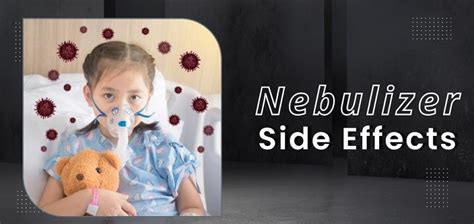
Nebulizer Safety Precautions
To minimize the risk of side effects and ensure safe use, it is essential to follow proper safety precautions when using a nebulizer. Some safety precautions to keep in mind include: * Always follow the manufacturer's instructions for use * Use the nebulizer in a well-ventilated area * Avoid sharing the nebulizer with others * Clean and disinfect the nebulizer regularly * Monitor your symptoms and adjust your treatment plan as neededNebulizer Maintenance
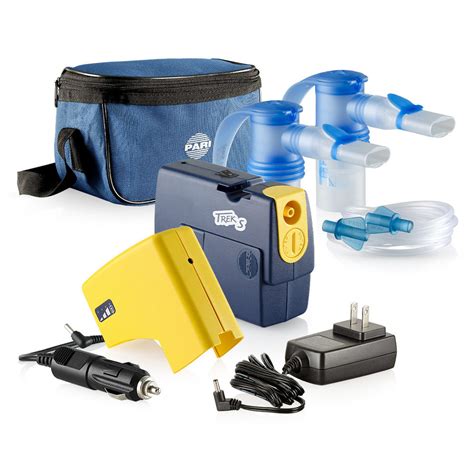
Nebulizer Troubleshooting
If you experience any issues with your nebulizer, there are several troubleshooting steps you can take. Some common issues and solutions include: * Nebulizer not turning on: Check the power cord and ensure it is properly plugged in * Nebulizer not producing mist: Check the medication level and ensure it is not empty * Nebulizer making a strange noise: Check for blockages or kinks in the tubingNebulizer Accessories
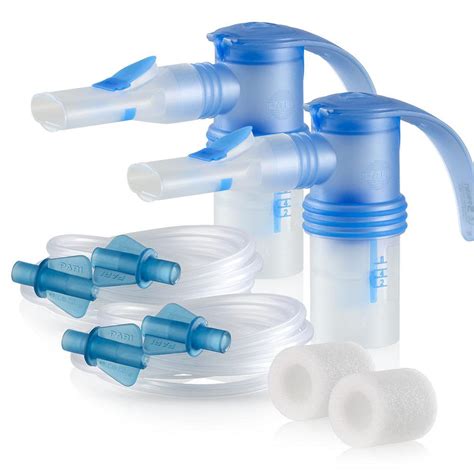
Nebulizer Reviews
When choosing a nebulizer, it is essential to read reviews and do your research. Some things to consider when reading reviews include: * Ease of use * Effectiveness * Portability * Noise level * DurabilityNebulizer FAQs
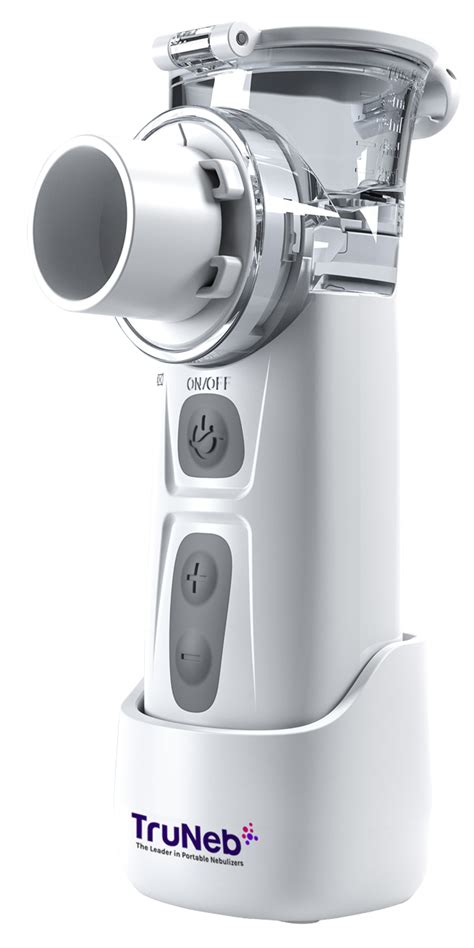
What is a nebulizer?
+A nebulizer is a device that converts liquid medication into a fine mist that can be inhaled into the lungs.
How does a nebulizer work?
+A nebulizer works by using a compressor to create a high-pressure gas flow that turns the liquid medication into a mist.
What are the benefits of using a nebulizer?
+The benefits of using a nebulizer include quick and effective relief from respiratory symptoms, ease of use, and targeted delivery of medication.
As we conclude our exploration of nebulizers, it is clear that these devices play a vital role in the management and treatment of respiratory conditions. By understanding the uses and benefits of nebulizers, individuals can take control of their respiratory health and improve their overall quality of life. Whether you are a healthcare professional or an individual seeking to manage a respiratory condition, we encourage you to share your thoughts and experiences with nebulizers in the comments below. Let us work together to raise awareness and promote education about the importance of nebulizers in respiratory health.
